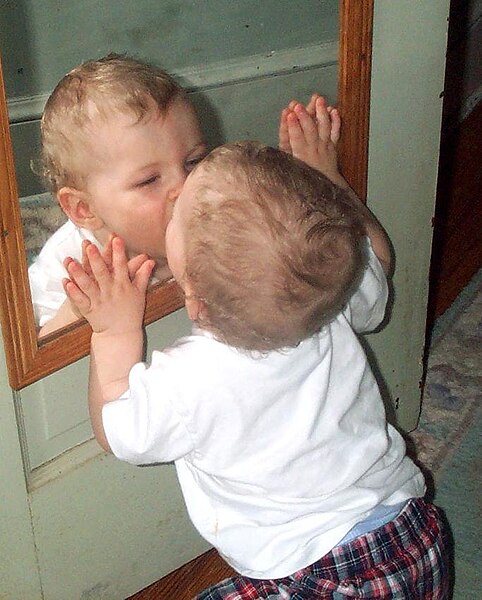A scientific control is an experiment or observation designed to minimize the effects of variables other than the independent variable. This increases the reliability of the results, often through a comparison between control measurements and the other measurements. Scientific controls are a part of the scientific method.
Take identical growing plants (Argyroxiphium sandwicense) and give fertilizer to half of them. If there are differences between the fertilized treatment and the unfertilized treatment, these differences may be due to the fertilizer as long as there weren't other confounding factors that affected the result. For example, if the fertilizer was spread by a tractor but no tractor was used on the unfertilized treatment, then the effect of the tractor needs to be controlled.
An experiment is a procedure carried out to support or refute a hypothesis, or determine the efficacy or likelihood of something previously untried. Experiments provide insight into cause-and-effect by demonstrating what outcome occurs when a particular factor is manipulated. Experiments vary greatly in goal and scale but always rely on repeatable procedure and logical analysis of the results. There also exist natural experimental studies.
Even very young children perform rudimentary experiments to learn about the world and how things work.


